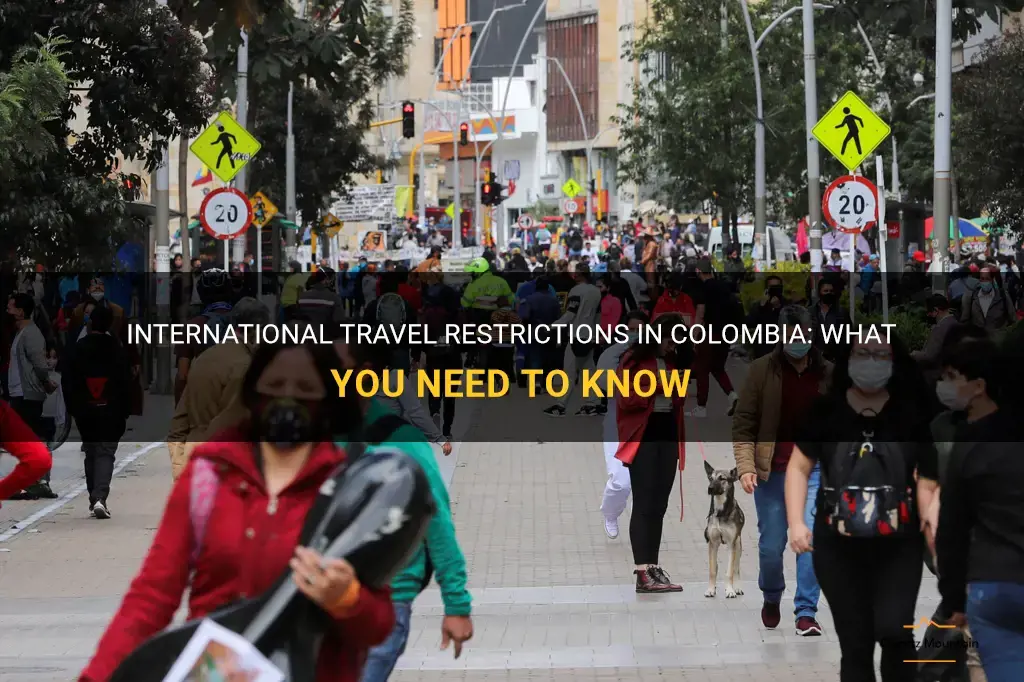
Colombia, a vibrant and diverse country known for its stunning landscapes and rich cultural heritage, is a popular destination for travelers from around the world. However, in recent times, international travel to Colombia has been heavily restricted in response to the global pandemic. These travel restrictions have not only affected the tourism industry but have also impacted the lives of Colombians who rely on tourism for their livelihoods. In this article, we will explore the current international travel restrictions in Colombia, the reasons behind them, and how they are affecting the tourism industry and the people of Colombia.
What You'll Learn
- What are the current international travel restrictions in place for Colombia?
- Are there any exceptions to the international travel restrictions in Colombia?
- How long are the international travel restrictions expected to remain in place?
- What are the requirements for individuals entering Colombia during the travel restrictions?
- Are there any specific guidelines or protocols for international travelers once they arrive in Colombia?

What are the current international travel restrictions in place for Colombia?
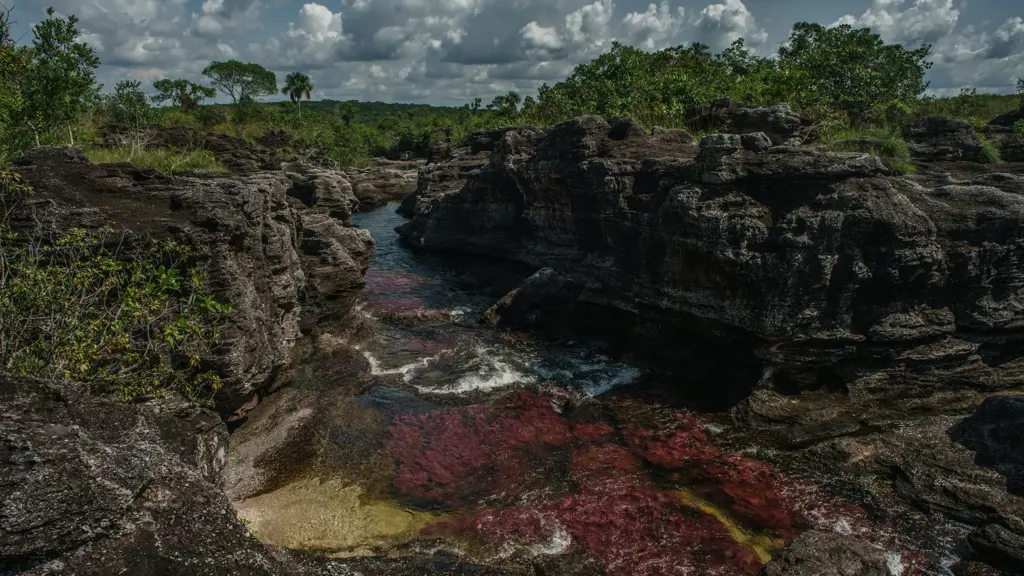
As the world continues to grapple with the COVID-19 pandemic, many countries have imposed travel restrictions to prevent the spread of the virus. Colombia, like many other countries, has also implemented measures to control the entry and movement of travelers.
At present, Colombia has imposed certain international travel restrictions to protect its citizens and visitors. Here are some important points to consider if you are planning to travel to Colombia:
Entry Restrictions:
- All international travelers are required to have a negative PCR test result for COVID-19, taken no more than 96 hours before traveling to Colombia.
- Travelers must fill out an online form called Check-Mig (previously known as Check-Mig Digital) before their trip.
- Foreign nationals who traveled to or transited through Brazil or South Africa within the last 14 days are not allowed to enter Colombia, regardless of their nationality.
Quarantine Requirements:
- There is no mandatory quarantine for international travelers upon arrival. However, if a traveler displays symptoms or tests positive for COVID-19, they will be required to isolate at their own expense.
- It is recommended that travelers adhere to all the necessary health protocols, such as practicing good hygiene and maintaining social distancing.
Domestic Travel:
Domestic travel within Colombia is currently permitted, but some regions may have specific restrictions or guidelines in place. It is essential to check the requirements of your destination before traveling.
Vaccination:
As of now, there are no specific requirements for travelers to be vaccinated against COVID-19. However, it is advisable to stay updated with the latest information, as vaccination requirements may evolve in the future.
Health Insurance:
All travelers, regardless of their nationality, are required to have travel health insurance that covers COVID-19-related medical expenses. The insurance must be valid throughout their stay in Colombia.
It is crucial to note that travel restrictions and guidelines can change rapidly. Before planning your trip, it is advisable to stay informed about the latest updates from reliable sources, such as your embassy or consulate and official government websites.
In conclusion, Colombia has implemented international travel restrictions to mitigate the transmission of COVID-19. These restrictions include pre-travel PCR testing, online form completion, and limitations on travelers from certain countries. It is essential to follow all the necessary protocols and stay informed about any updates or changes to ensure a safe and smooth journey.
Navigating Airline Travel: Understanding Pet Traveling Temperature Restrictions
You may want to see also

Are there any exceptions to the international travel restrictions in Colombia?
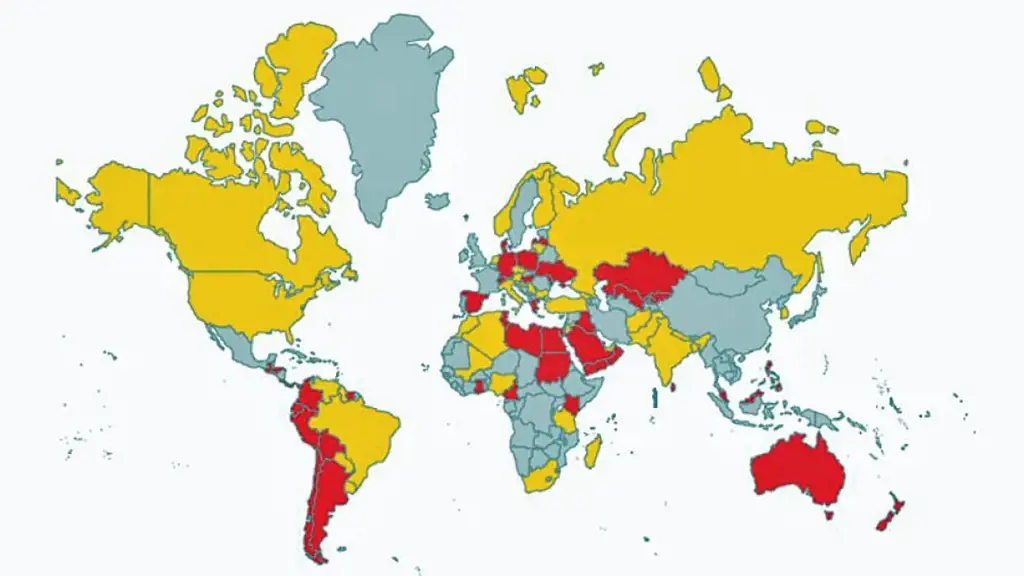
Colombia, like many other countries around the world, has implemented international travel restrictions in order to curb the spread of COVID-19. However, there are some exceptions to these restrictions that allow certain individuals to still travel to and from the country.
One of the main exceptions to the international travel restrictions in Colombia is for Colombian citizens and permanent residents. These individuals are still allowed to enter and leave the country, although they may have to comply with certain health and safety protocols, such as taking a COVID-19 test prior to departure and upon arrival.
In addition, foreign diplomats and international organization personnel are also exempt from the travel restrictions. This exception allows diplomats and employees of international organizations to continue their work and travel to and from Colombia.
Another exception to the travel restrictions is for individuals who need to travel for humanitarian reasons. This includes individuals who need to travel to Colombia to receive medical treatment or to care for a family member who is in need of assistance. These individuals may be required to provide documentation or proof of the humanitarian reason for their travel.
Furthermore, individuals who need to travel due to an emergency situation, such as the death or serious illness of a family member, may also be exempt from the travel restrictions. These individuals may need to provide documentation or proof of the emergency situation in order to be allowed to travel.
It's important to note that even if individuals fall under one of the exceptions to the travel restrictions, they may still have to comply with certain health and safety protocols, such as wearing a face mask, practicing social distancing, and undergoing COVID-19 testing.
Overall, while Colombia has implemented international travel restrictions, there are exceptions in place to allow certain individuals to still travel to and from the country. These exceptions include Colombian citizens and permanent residents, foreign diplomats and international organization personnel, individuals traveling for humanitarian reasons, and those traveling due to emergency situations. However, it's crucial for all individuals to comply with the health and safety protocols in order to protect themselves and others from the spread of COVID-19.
The Latest Update on Travel Restrictions to Kauai: What You Need to Know
You may want to see also

How long are the international travel restrictions expected to remain in place?
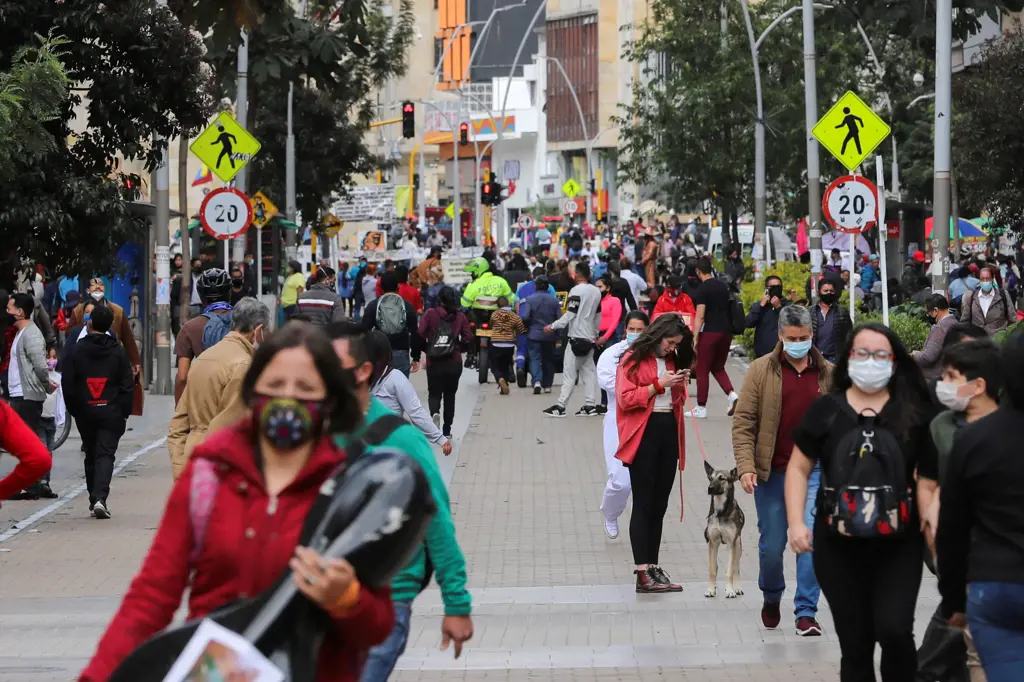
As the COVID-19 pandemic continues to impact countries around the world, many have implemented international travel restrictions to control the spread of the virus. These restrictions vary from country to country and are subject to change as the situation evolves. However, it is difficult to pinpoint exactly how long these restrictions will remain in place.
The duration of international travel restrictions depends on various factors, including the severity of the pandemic, vaccination rates, and the effectiveness of containment measures. Countries with high vaccination rates and successful containment strategies may gradually ease their travel restrictions sooner than those that are still grappling with the virus.
Additionally, the emergence of new variants of the virus further complicates the situation. Governments may tighten or extend travel restrictions in response to the spread of these variants, as they pose an increased risk to public health. Therefore, the duration of travel restrictions can be influenced by the trajectory of these new variants and the effectiveness of vaccines against them.
International travel restrictions are typically reviewed on a regular basis by government authorities. They take into account the latest information on COVID-19 transmission rates, hospitalization rates, and the overall state of the pandemic. If the situation improves and the number of cases decreases, countries may start to relax their travel restrictions.
It is important to note that even when travel restrictions are lifted, there may still be certain measures in place to ensure the safety of travelers and the local population. These measures may include mandatory testing, quarantine requirements, and the need to show proof of vaccination. Therefore, travelers should stay informed about the specific entry requirements of the countries they plan to visit and be prepared to comply with any additional measures.
In conclusion, the duration of international travel restrictions is uncertain and largely dependent on the evolving COVID-19 situation. While progress is being made with vaccinations, the emergence of new variants and the overall containment of the virus will continue to impact travel restrictions. Travelers should stay updated on the latest guidance from authorities and be prepared for the possibility of ongoing restrictions and safety measures.
Navigating the Current Panama Travel Restrictions: What You Need to Know
You may want to see also

What are the requirements for individuals entering Colombia during the travel restrictions?
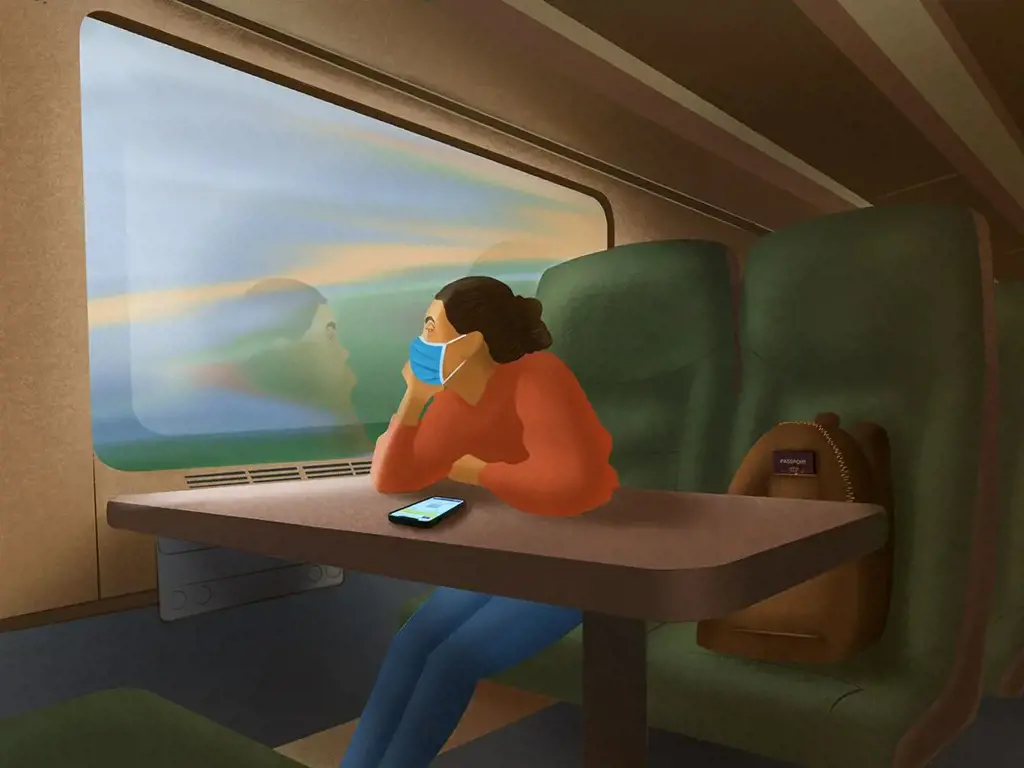
As a result of the COVID-19 pandemic, Colombia has implemented travel restrictions to control the spread of the virus. While many individuals are unable to enter the country during this time, there are certain requirements for those who are permitted to travel to Colombia. This article will outline the requirements for individuals entering Colombia during the travel restrictions.
First and foremost, it's important to note that travel to Colombia is currently restricted to certain categories, such as Colombian citizens, residents, and authorized travelers. Other categories include humanitarian aid personnel, diplomats, and foreign officials. It's crucial for individuals to fall into one of these categories in order to be eligible to enter the country.
Before traveling to Colombia, all eligible individuals must complete an online form called the Check-Mig form. This form can be found on the website of the Colombian Migration Authority. It requires individuals to provide information about their health, travel history, and other personal details. It's essential for travelers to fill out this form accurately and honestly.
In addition to the Check-Mig form, travelers must also present a negative COVID-19 test result. The test must be a molecular or antigen test and should have been taken no more than 96 hours before the flight. This requirement applies to both international and domestic flights. Travelers must have a physical or electronic copy of the test result to present at the airport.
Upon arrival in Colombia, all travelers must comply with the health and safety measures implemented by the Colombian government. This includes wearing a face mask in all public areas, practicing social distancing, and regularly washing hands or using hand sanitizers. It's crucial for individuals to follow these measures to protect themselves and others from the spread of COVID-19.
It's important to keep in mind that the travel restrictions in Colombia may change at any time due to the evolving nature of the COVID-19 pandemic. Therefore, it's advisable for individuals to stay updated with the latest information from the Colombian government or consult with their local embassy or consulate before making any travel plans.
In conclusion, individuals entering Colombia during the travel restrictions must meet certain requirements. This includes completing the Check-Mig form, presenting a negative COVID-19 test result, and adhering to the health and safety measures implemented by the government. By following these requirements, individuals can help ensure a safe and responsible travel experience.
Everything You Need to Know About the Current Poland Travel Restrictions
You may want to see also

Are there any specific guidelines or protocols for international travelers once they arrive in Colombia?
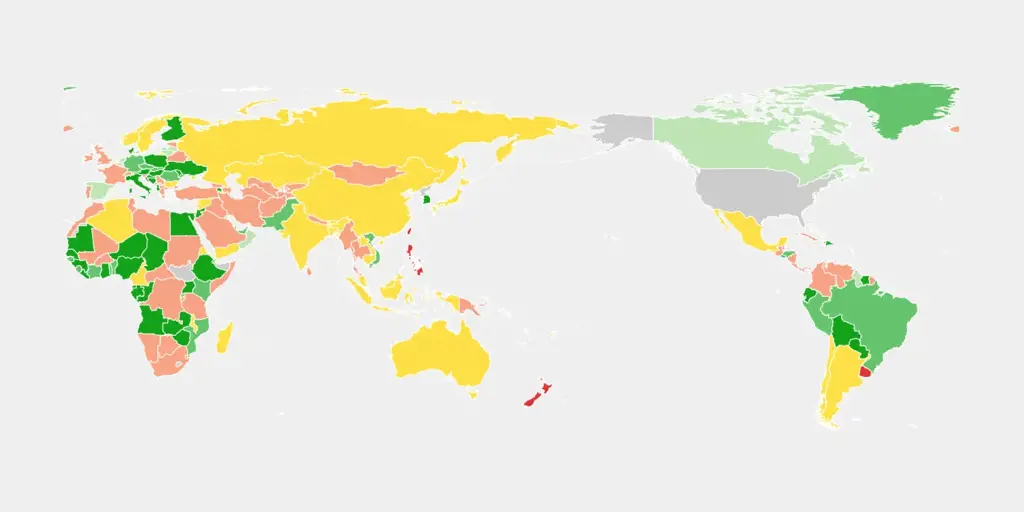
If you are planning to travel to Colombia, it is important to be aware of the specific guidelines and protocols that are in place for international travelers upon arrival. These measures are put in place to ensure the safety and well-being of both visitors and locals.
First and foremost, all travelers entering Colombia must have a negative PCR test result for COVID-19. The test must be taken no more than 96 hours before departure. Additionally, travelers must fill out an electronic Check-Mig form, which includes personal and travel information, as well as health-related questions.
Upon arrival, travelers will undergo a health screening at the airport, which includes a temperature check and a review of the Check-Mig form. If there are no signs of illness and the form is completed correctly, travelers are allowed to proceed to their destination.
It is important to note that Colombia requires travelers to have health insurance that covers COVID-19 related expenses. This is to ensure that if a traveler becomes ill or requires medical assistance while in Colombia, they are financially covered. The insurance must be valid for the entire duration of the visit.
In addition to these general guidelines, specific protocols may vary depending on the specific region within Colombia. It is important to research and familiarize yourself with any additional requirements or restrictions that may be in place in the area you are planning to visit. These can include things like mandatory quarantine periods, specific testing requirements, and limitations on activities or gatherings.
Overall, it is crucial to stay informed and follow the guidelines and protocols set forth by the Colombian government to ensure a safe and enjoyable visit. By doing so, you can help protect yourself, fellow travelers, and the local community.
Navigating Current Big Island Travel Restrictions: What You Need to Know
You may want to see also
Frequently asked questions
Yes, there are travel restrictions in place for international travelers coming to Colombia. The Colombian government has implemented measures to control the spread of COVID-19, including restrictions on entry to the country. These restrictions are subject to change and it is important to stay updated on the latest requirements before traveling.
Under the current travel restrictions, Colombian citizens, residents, and some specially authorized travelers are allowed to enter Colombia. This includes diplomats, humanitarian aid workers, transportation personnel, and individuals with humanitarian or health emergency needs. However, it is important to check with the Colombian embassy or consulate in your country for the most up-to-date information on who is currently allowed to enter.
Yes, there are quarantine requirements for international travelers arriving in Colombia. Currently, all travelers entering Colombia must undergo a mandatory 14-day self-isolation period upon arrival. This applies to both Colombian citizens and foreign travelers. It is important to note that these quarantine requirements may change, so it is crucial to check the latest regulations before planning your trip.
Yes, international travelers are required to provide a negative COVID-19 test result before entering Colombia. The test must have been taken no more than 96 hours before the scheduled departure time. This requirement applies to all travelers, regardless of their nationality or residency status. It is important to make sure you have the necessary documentation and meet all the requirements before traveling to Colombia.
While there may be specific restrictions or requirements in place for certain regions or cities within Colombia due to COVID-19, there are currently no nationwide restrictions on domestic travel within the country. However, it is important to comply with any local regulations, including mask mandates and social distancing measures, while traveling within Colombia. Stay updated on any changes or restrictions imposed by local authorities in your intended destination.







